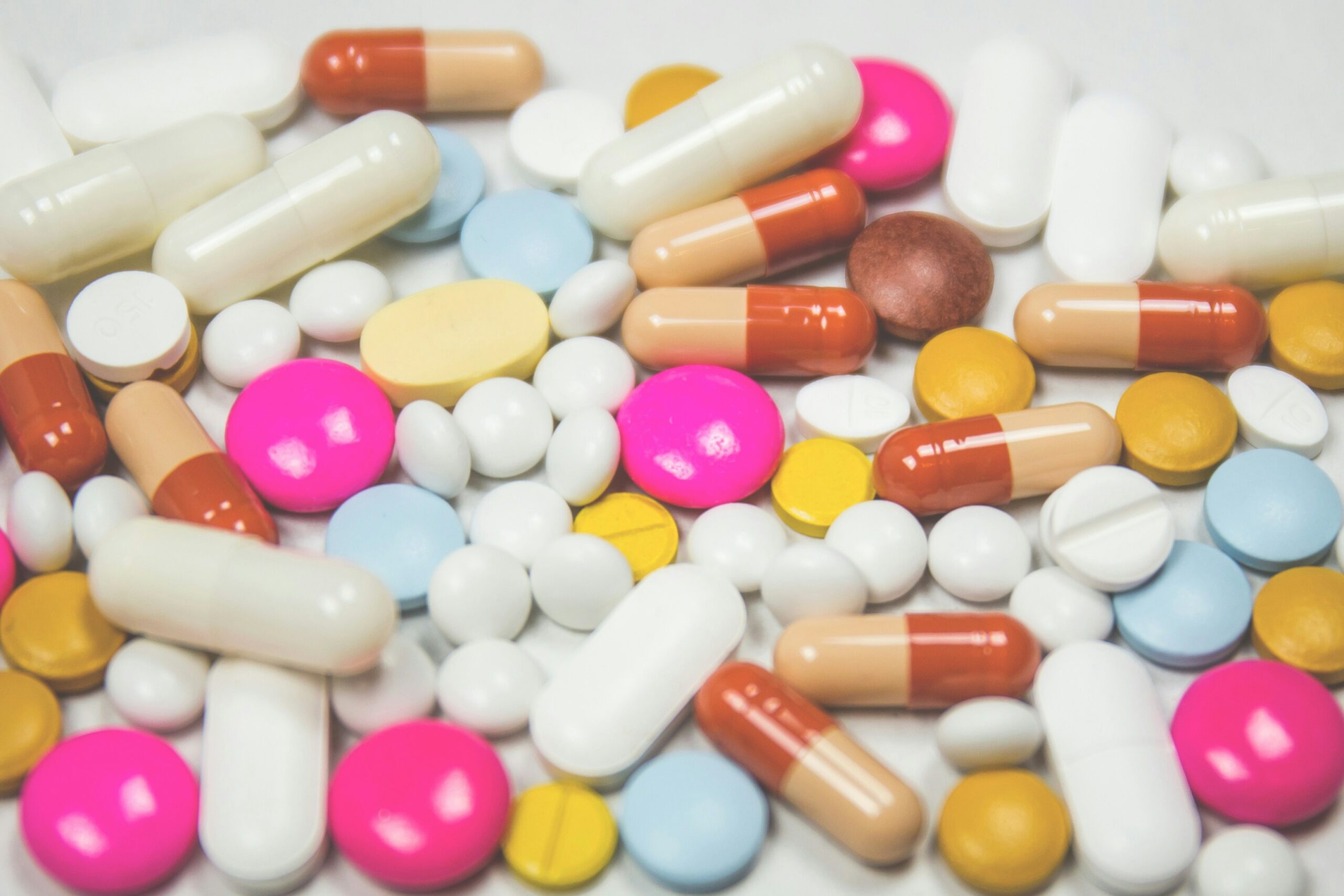
Medicine is more than just a science; it is a symbol of hope, a means of healing, and a lifeline for millions around the world. From the first time a child takes an antibiotic for an ear infection to the complex procedures that save lives in emergency rooms, medicine plays a crucial role in improving the quality of life. Changing lives through medicine is not just about treating illness—it’s about restoring dignity, enabling dreams, and empowering people to live fuller, healthier lives.
The Power of Medical Advancements
In recent decades, medical advancements have changed the course of history. Diseases that once claimed millions of lives, such as smallpox or polio, have been eradicated or significantly controlled through vaccines. New surgical techniques, such as minimally invasive procedures, allow patients to recover faster and experience less pain. Treatments for cancer, heart disease, and other chronic conditions have improved dramatically, giving patients a new chance at life.
The development of medicine has not only increased life expectancy but also enhanced the quality of life. People are now living longer and better. A diagnosis that might have been a death sentence fifty years ago can now be managed or cured. This progress reflects years of research, dedication, and a commitment to understanding the human body and the diseases that affect it.
Restoring Hope Through Treatment
For many individuals, medicine means more than just pills or therapy—it symbolizes hope. When someone is diagnosed with a serious illness, the right treatment plan can bring light to an otherwise dark moment. Consider someone with diabetes. With the proper medication, lifestyle adjustments, and support, that person can live a long and healthy life. Medicine provides the tools to manage diseases and to overcome them.
Doctors, nurses, and healthcare professionals are often at the forefront of this transformation. They are not only trained to treat symptoms but also to offer emotional and psychological support. A kind word from a nurse, a thoughtful explanation from a doctor, or a tailored treatment plan can make all the difference. This personal connection enhances the power of medicine and reminds patients that they are not alone.
Global Impact of Medicine
The influence of medicine goes far beyond hospitals and clinics. Around the world, medical outreach programs deliver life-saving care to underserved communities. Whether it’s setting up mobile clinics in rural areas or offering vaccines during outbreaks, these efforts change lives on a massive scale. In developing countries, simple interventions such as clean water, maternal care, or malaria prevention can drastically reduce mortality rates and improve the well-being of entire populations.
Humanitarian organizations often bring medicine to places affected by war, poverty, or natural disasters. In these situations, medical professionals not only treat injuries or diseases but also help rebuild lives. Their presence can restore a sense of normalcy and dignity to people who have lost everything. This kind of care goes beyond the physical; it nurtures the spirit and reminds individuals that they matter.
The Emotional and Mental Healing Process
Healing isn’t always physical. Medicine also plays a huge role in mental and emotional well-being. Mental health has become a significant focus in modern medicine, and rightly so. Conditions like depression, anxiety, and PTSD can be as debilitating as physical illnesses. The growing recognition of mental health issues has led to more effective treatments and less stigma, giving people the courage to seek help.
Therapists, psychiatrists, and counselors work hand-in-hand with medical professionals to support patients holistically. When someone receives help for their mental health, their entire life can change. They may find renewed purpose, reconnect with loved ones, or return to work or school. This kind of transformation is a powerful example of how medicine doesn’t just fix bodies—it heals lives.
The Future of Medicine: A World of Possibilities
Looking ahead, the future of medicine is filled with exciting possibilities. Technologies like artificial intelligence, telemedicine, and personalized medicine are already beginning to reshape healthcare. These innovations promise to make treatments more accessible, accurate, and efficient. For instance, telemedicine allows people in remote areas to consult with specialists from their homes. Personalized medicine, based on a person’s genetic profile, ensures that treatments are tailored to the individual for better results.
As research continues to advance, we can expect new cures, better prevention strategies, and more compassionate care models. This evolution in medicine holds the promise of changing even more lives in the years to come. Each breakthrough is a step toward a world where illness is not feared, and healing is within everyone’s reach.
Medicine as a Force for Good
Medicine is one of humanity’s most outstanding achievements. It has the power to restore, protect, and transform lives in ways that few other fields can. Whether through groundbreaking treatments, compassionate care, or community outreach, the impact of medicine is felt every day in every corner of the world. As science continues to evolve and healthcare systems improve, the healing power of medicine will only grow stronger.
Changing lives through medicine isn’t just a slogan—it’s a reality. It is the quiet strength behind every recovery, the unseen force behind every smile regained, and the steadfast promise that no matter how difficult life becomes, there is always hope for healing.